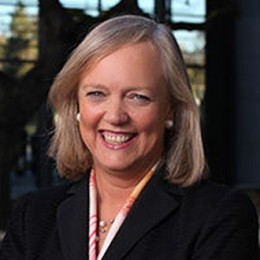 Two banned directors have returned to security reseller Quadsys after their bans expired.
Two banned directors have returned to security reseller Quadsys after their bans expired.
Paul Streeter and Paul Cox hacked a rival’s email account last year, and a judge handed them a suspended jail sentence and banning them from being company directors for a year.
Streeter and Cox resigned as directors of Quadsys last year but were reappointed as of 15 November this year.
Fellow director Alistair Barnard, who received the same sanctions as Streeter and Cox, resigned and is no longer a person of significant control in the company.
The trio and with two other Quadsys employees were found guilty of “obtaining unauthorised access to computer materials with intent to commit an offence” last year, after accessing an email account of rival ITB.
The reseller hired an ex-ITB technician, who arrived at Quadsys with the email passwords, allowing them to view quotes and poach customers.
Some vendors ended their relationship with Quadsys including Sophos, McAfee and Barracuda when the outfit was found out.



















